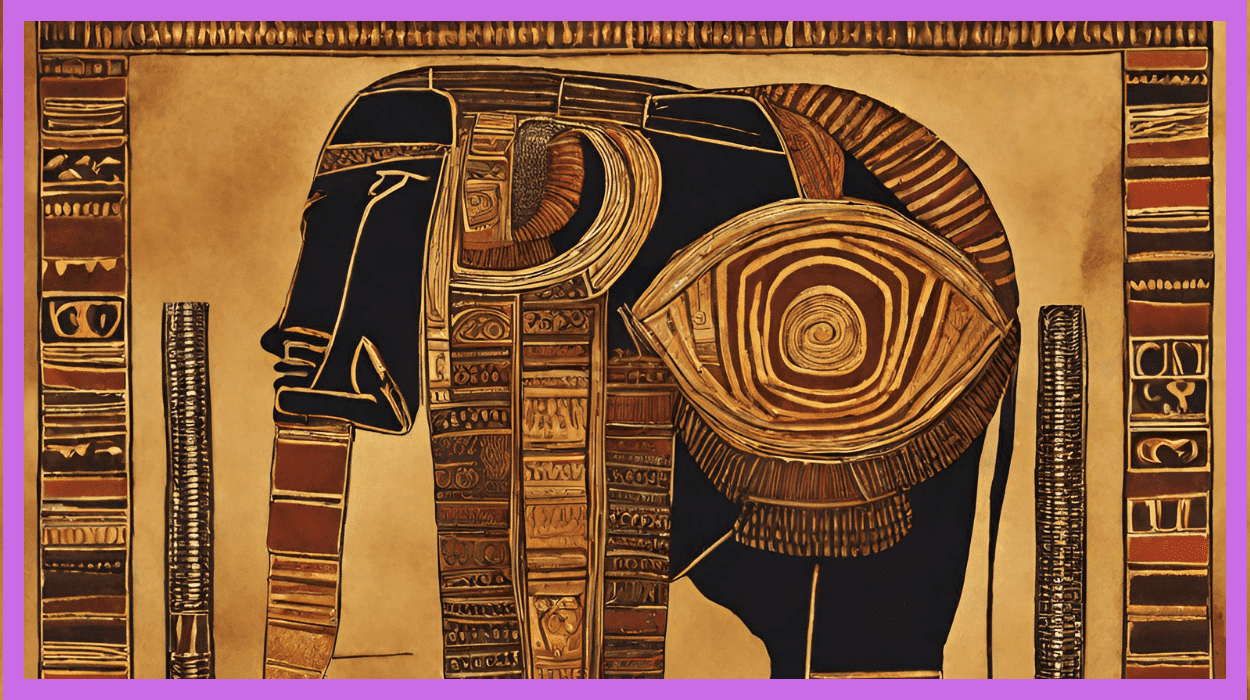When discussions about civilizations arise, the common imagery that comes to mind often revolves around regions such as Europe, the Middle East, or Asia. African societies below the Sahara are seldom included in this narrative.
In this blog article, I will take you all into why African civilizations have traditionally been excluded from this title and challenge the prevailing perceptions that have perpetuated this exclusion.
Challenging Traditional Definitions
It’s crucial to note that this exploration is not an attempt to seek validation from traditional Western standards. Instead, it seeks to document a historical phenomenon and provide a theory-based perspective, open to alternative ideas and viewpoints.
The foundation of this discussion challenges popular perceptions of civilization and urges a reconsideration of the definitions imposed by scholars.
The Problematic Nature of Civilization Terminology
Historian Christopher Eric highlights the problematic nature of labeling societies as civilized or uncivilized. The discourse surrounding civilization often relies on value judgments, leading to an unbalanced understanding of history.
Textbooks tend to focus primarily on civilizations, perpetuating the misconception that they were the exclusive centers of innovation and development.
The Influence Factor
In Western minds, influence is a key qualifier for civilization. However, African societies below the Sahara have been perceived as lacking in this department. The video suggests that this lack of influence may be attributed to geographical barriers.
While the Mediterranean and the Middle East had the privilege of access and interaction, African societies faced obstacles such as the massive Sahara Desert, limiting their global influence.
Reevaluating African Contributions
A closer examination reveals that African societies were not lacking in innovation. For instance, the invention of iron technology, a pillar of human civilization, originated in Central Africa over 4,000 years ago.
Unfortunately, due to geographical barriers, these achievements did not receive the recognition they deserved in popular culture, contributing to the exclusion of African civilizations.
Geographical Barriers and Recognition
Geographical barriers also affected the recognition of African achievements. The example of Mansa Musa, the wealthiest sovereign in history, illustrates how a geographical barrier hindered the Mali Empire’s access to global innovation and recognition. There is a lack of influence, primarily due to geographical barriers, played a significant role in labeling African societies as non-civilizations.
Complexity of African Societies
Historically, African societies were often perceived as lacking structural complexity. However, scholars reveal the intricate political structures of various African states, challenging the notion that organized socio-political structures were exclusive to non-African regions.
There are democratic elements present in African governance, as evidenced by early European writers who unintentionally documented African democratic processes.
Conclusion
The prevailing narrative that excludes African civilizations from the Western concept of civilization is rooted in historical perspectives shaped by geographical barriers, biased terminologies, and a Eurocentric worldview.
By challenging these preconceptions and recognizing the rich contributions of African societies, we can strive for a more inclusive and accurate understanding of human history.
As perspectives evolve, there is hope that African civilizations below the Sahara will receive the acknowledgment they rightfully deserve in the broader narrative of human achievement. Here are some things to teach about Africa.
Abbey Johnson has a Masters degree as an engineer and has over 3 years of teaching and research experience. He is happiest when on a bike and is also interested in electric energy and computer Science.

